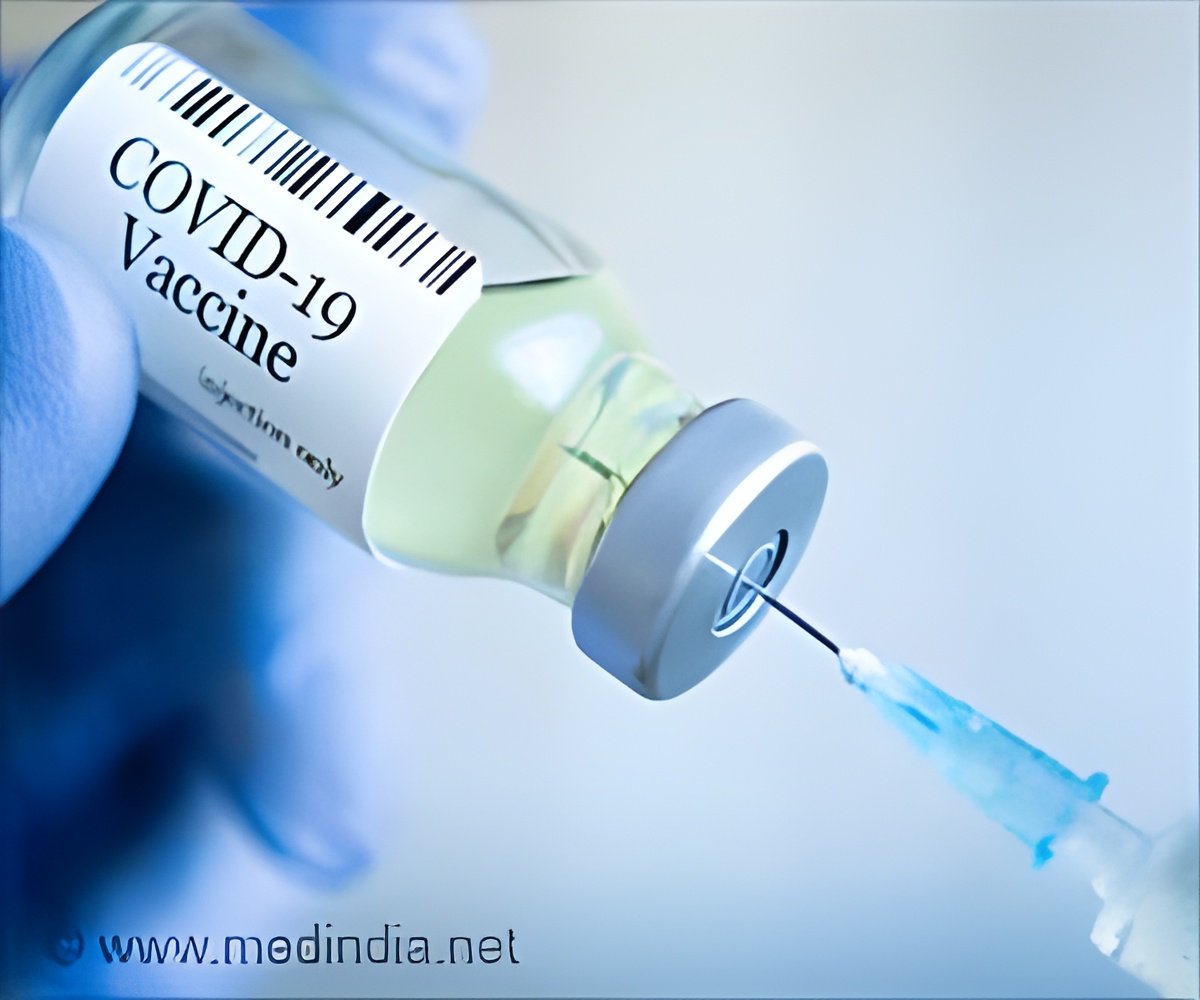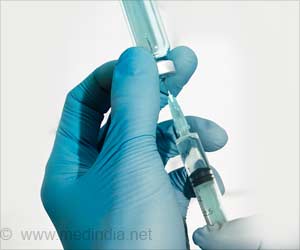Bharat Biotech reaffirms Covaxin's safety after a study raises concerns over rare adverse events like stroke and Guillain-Barre syndrome.

‘Did You Know?
Over 30% Covaxin takers suffered from health issues after 1 year, claims BHU study. #covaxin #covid #medindia’





Over 30% Covaxin takers suffered from health issues after 1 year, claims BHU study. #covaxin #covid #medindia’
Advertisement
Bharat Biotech's Response on Covaxin Safety
Bharat Biotech firmly asserts that Covaxin has an excellent safety record, supported by multiple studies published in peer-reviewed journals. The company emphasizes that these studies have consistently demonstrated the vaccine's safety. In their statement, Bharat Biotech highlights the importance of methodological rigor in safety studies to avoid investigator bias. They suggest several key points for consideration:1. AESI Safety Profile: The pre-existing adverse events of special interest (AESI) safety profile of subjects should be taken into account before their participation in any study.
2. Comparative Analysis: It is crucial to compare the safety profiles of non-vaccinated subjects and those who received different vaccines during the study period.
3. Comprehensive Follow-up: All study participants should be monitored throughout the study, not just a subset, to ensure comprehensive safety data collection.
Advertisement
BHU Study Findings on Covaxin
The BHU study raised concerns about the potential link between Covaxin and rare adverse events like stroke and Guillain-Barre syndrome, which is an autoimmune disorder affecting the nerves. The study suggested that there might be a heightened risk of these conditions among individuals who received the Covaxin vaccine.Contextualizing the following:
Covaxin: an inactivated virus vaccine, was one of the first Covid-19 vaccines developed and deployed in India. It has been administered to millions of people, contributing significantly to the country's vaccination efforts. Bharat Biotech has consistently maintained that Covaxin's safety profile is robust, citing various studies and regulatory approvals.
Guillain-Barre syndrome: It is a rare neurological disorder in which the body's immune system mistakenly attacks the peripheral nerves. The incidence of GBS following vaccination is extremely low, and it has been associated with various vaccines, including influenza and Covid-19 vaccines, albeit very rarely.
Stroke: It is a medical condition where poor blood flow to the brain results in cell death. The potential link between vaccines and stroke is still under investigation, and any association is considered to be extremely rare.
Advertisement
Comparison with Other Vaccines
Bharat Biotech's emphasis on the importance of comparative studies is underscored by recent admissions from AstraZeneca. The company acknowledged the rare risk of blood clot disorders, specifically Thrombotic Thrombocytopenic Syndrome (TTS), associated with its Covid-19 vaccine. Additionally, researchers have identified a risk of Vaccine-Induced Immune Thrombocytopenia and Thrombosis (VITT) with AstraZeneca's vaccine.Methodological Considerations in Vaccine Safety Studies
Bharat Biotech’s recommendations for avoiding investigator bias in vaccine safety studies are crucial for accurate risk assessment:
1. Baseline Health Status: Assessing participants' baseline health status and pre-existing conditions before the study.
2. Control Groups: Including both non-vaccinated individuals and those who received other vaccines as control groups for comparison.
3. Longitudinal Monitoring: Ensuring long-term follow-up of all study participants to capture late-onset adverse events.
The debate over Covaxin's safety, sparked by the BHU study, highlights the complexity of vaccine safety monitoring. Bharat Biotech's defense underscores the importance of rigorous study design and comprehensive data analysis. While rare adverse events can occur with any vaccine, the overall benefits of vaccination in preventing severe Covid-19 outcomes are well-documented. Continued vigilance and transparent reporting are essential to maintaining public trust and ensuring vaccine safety.
Recommendations for Future Research
1. Enhanced Surveillance: Implementing enhanced surveillance systems to detect and investigate rare adverse events promptly.
2. Global Collaboration: Encouraging global collaboration in vaccine safety research to share data and insights.
3. Public Communication: Providing clear and transparent communication to the public regarding vaccine safety and the rarity of serious adverse events.
This report highlights the need for balanced and methodologically sound studies in assessing vaccine safety, ensuring that the benefits of vaccination are communicated effectively to the public.
Reference:
- Long-Term Safety Analysis of the ChAdOx1-nCoV-19 Corona Virus Vaccine: Results from a Prospective Observational Study in Priority Vaccinated Groups in North India - (https://link.springer.com/article/10.1007/s40264-023-01301-8)
Source-Medindia








